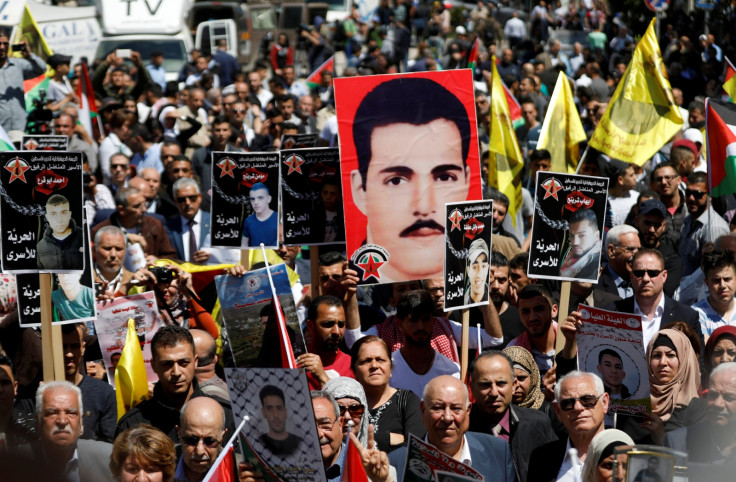Israeli doctors forced to find replacement physicians to carry out forced feeding
Israel is said to be flying in foreign doctors to force-feed Palestinians on hunger strike.

The Israeli Health Ministry (IHM) has ordered doctors who refuse to force-feed striking Palestinian prisoners to find another physician to carry out the practice, which is considered unethical by humanitarian organisations across the world.
Over 1,100 Palestinian prisoners in Israeli jails – mostly Fatah members led by Marwan Barghouti – began a hunger strike on 17 April demanding an end to arbitrary detention and to solitary confinement.
More than three weeks into the strikes, an estimated 870 prisoners remain on strike. Due to the potential unrest if deaths ensue, the IHM sent a letter to Israeli hospitals making the demands.
It also stressed its procedures and regulations on hunger strikes which were enacted after the Israeli High Court ruled that force-feeding was legal in 2016.
However, the Israel Medical Association (IMA) has banned its members from carrying out the treatment as it deems it inhumane.
"The message we wish to convey to physicians is that forced feeding is tantamount to torture and that no doctor should take part in it," Dr Leonid Eidelman, head of the association, told the Times.
Given the number of doctors that are refusing to take part in the practice, the IHM is reportedly considering bringing in foreign doctors to force-feed the prisoners.
Channel 2 in Israel reported that a specific but unidentified country has been established by the IHM to carry out the practice in Israeli prison facilities.
Ahmad Tibi, a prominent Arab-Israeli lawmaker, condemned the plans in a statement emailed to IBTimes UK's sister publication Newsweek.
"The idea of flying doctors from abroad to perform forced feeding is an immoral manipulation aimed at bypassing the Israel Medical Association's refusal to provide force feeding," he said. "The very idea is horrible and disgraceful, and the human demands of the prisoners should be met instead of conducting a dirty struggle against them."
The International Red Cross, the World Medical Association and the United Nations have for decades held the view that hunger striking is a legitimate method of protest and have opposed forced feeding as a treatment.
© Copyright IBTimes 2025. All rights reserved.





















